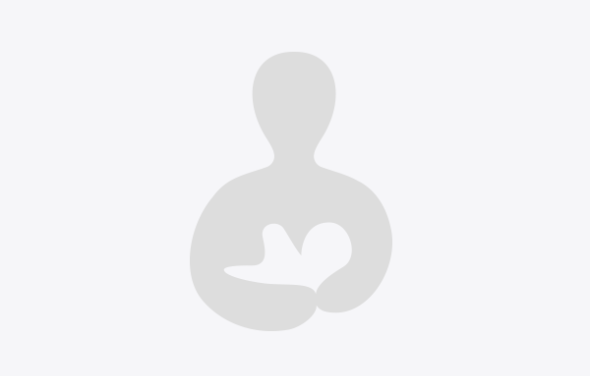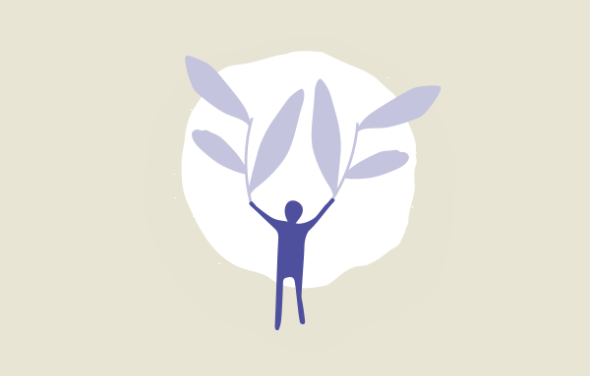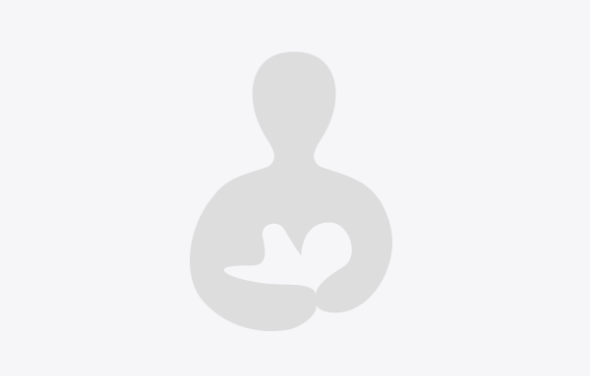My gratitude towards Iolanthe and excitement about the experience is still as fresh as it was on the day I opened the email to tell me I had been chosen to receive the Iolanthe Midwifery Trust Student Award.
I studied Midwifery at Birmingham City University from 2017-2020 and as part of my studies I was required to undertake an elective placement in an area of interest to me. Being in receipt of the Iolanthe Midwifery Trust Student Award enabled me to undertake a residential weeklong trip to visit the well renowned case loading midwives of Powys, Wales.
Powys is a large rural county served by Powys Health Board, providing care to around a quarter of the land mass of Wales. Powys boasts a 10% home birth rate compared with the UK average of around 2% and has no obstetric unit based within its borders. Midwifery care in Powys is provided by teams of highly skilled midwives, who by sharing caseloads between small teams can provide a high degree of continuity to service users, with services offered in local community hospitals, birth centres and in home. In Powys there is a high likelihood that women will be attended to by a midwife known to them during birth.
Numerous publications in recent years have set out clear recommendations that the NHS should roll out a continuity of carer model for all women, based on the overwhelming amount of evidence that exists to support its implementation. Provision of a continuity model involving small caseloads has been shown to improve safety, clinical outcomes and result in positive experiences for women. However, at the time of writing, around 88% of women in the UK had not met the midwife who cares for them at their birth before.
I have always been enthusiastic about continuity, however as services evolve to meet recommendations there is no denying that uncertainty and anxiety exist about the impact on personal and professional lives of midwives providing care in this model, within an understaffed and under resourced NHS. By visiting the Powys midwives my main objective was to understand how such a model could be practically and successfully applied in order to support the impending implementation in my own locality and increase my own confidence to work within it.
I spent my elective week in Wales at a birth unit based within a community hospital in Welshpool, shadowing a small team of caseloading midwives who offered antenatal, intrapartum and postnatal care to women and birthing people both in the birthing centre and at home, depending on service user needs.
The birth unit in Welshpool was used not only as an intrapartum space, but also for antenatal education classes, antenatal care appointments and postnatal support. The birth unit acted as an adaptable, multifunctional hub that was staffed according to the needs of the service users and midwives, as opposed to being a building that was staffed regardless of acute clinical demand. Powys did not have more resources than the trust I was training at, however the way in which their resources were utilised seemed to maximise their efficacy and made them feel more abundant.
Midwives had a small fleet of 4X4 vehicles that they used to conduct home visits right across the county, clocking up some impressive mileage. The long travel times were sometimes tiring but also allowed time for discussion and preparation on the way to visits and debriefing and reflection after them. It was not uncommon for the air ambulance to be on call around homebirths in Powys, as access to rural properties was often an issue.
Women in the area often chose homebirths for reasons of access and distance to maternity services. Those who didn’t birth at home faced long journeys in labour or even chose extended, expensive hotel stays around their due dates to avoid such trips. As a result, the Powys Midwives were confident with providing care to women with complex pregnancies and had to be comfortable with providing care outside of obstetric guidelines. They were resourceful, cool-headed problem solvers who seemed unfazed in the most part by challenges that, to me, had previously seemed insurmountable.
The Powys midwives were welcomed into clients homes like family members, with open arms and hot cups of tea at the ready. They knew the women in their care inside out and often had cared for women’s family members and friends. Although the schedule of care given to women was essentially the same as elsewhere, each care plan felt truly customised, considering all of the factors at play in the woman’s life and working around them as required.
Midwives told me that supporting informed decision making was made easier and safer by the fact that they knew the woman and all of her personal needs, fears, preferences and circumstances exceptionally well.
In this care model, a degree of mutual trust between the two parties built over time, which seemed to enhance satisfaction and safety for everyone involved.
My preconceived ideas of the lifestyle required in order to work in this model were quickly challenged as the Powys Midwives were a diverse group consisting of both very senior and junior staff, some with young children and families like me. Midwives told me how they managed their time independently in the most part and how the strength of the teamwork was at the centre of the whole thing working smoothly – the team had to look after each other.
All Midwives reported high levels of job satisfaction and demonstrated an absolute passion for their autonomous, relationship-based midwifery care. There were undeniably some challenges that came with the territory, including the sometimes-difficult juggle of family life with on calls, the emotional load of case loading, the professional challenges of caring for complex pregnancy homebirths, the isolation of lone working in community and the challenges of doing lots of travelling in the Welsh weather. Overall though, midwives told me how for the most part, the benefits and job satisfaction of working in the way they did heavily outweighed the disadvantages.
On a practical level Iolanthe funding covered my travel to, from and within Wales, sustenance whilst on placement and accommodation for a week. I stayed in a small Air B&B close to the birth centre, enabling me to be on call for any intrapartum care throughout the nights. Without this award, I would simply not have been able to afford a residential elective given my financial responsibilities as a mature student parent with huge childcare expenses and very little left over at the end of each month.
On a professional and personal level the experience gave me the confidence to come home and reach out to local and national leaders involved in continuity implementation, enhancing my knowledge further.
As a result, I went on to be a Continuity of Care Champion for my hospital trust, sharing information and enthusiasm with often reluctant or sceptical colleagues in order to support change and increase the confidence of staff.
In January 2020, I presented my elective experience at the Birmingham City University 3rd Annual Student Midwife Elective Conference, sharing my findings and experience with Iolanthe Trust with peers, many of whom who have gone on to visit Powys or apply for Iolanthe funding for their own professional endeavours. Although I do not currently work within a continuity model, I still aspire to do so when the time is right in my career and feel that my experiences in Powys have inspired me both professionally and personally.
I am thankful for the opportunity that the Iolanthe Midwifery Trust Student Award gave me and will never forget my lovely week with the Welsh midwives, that helped to shape me into the midwife I am today.






